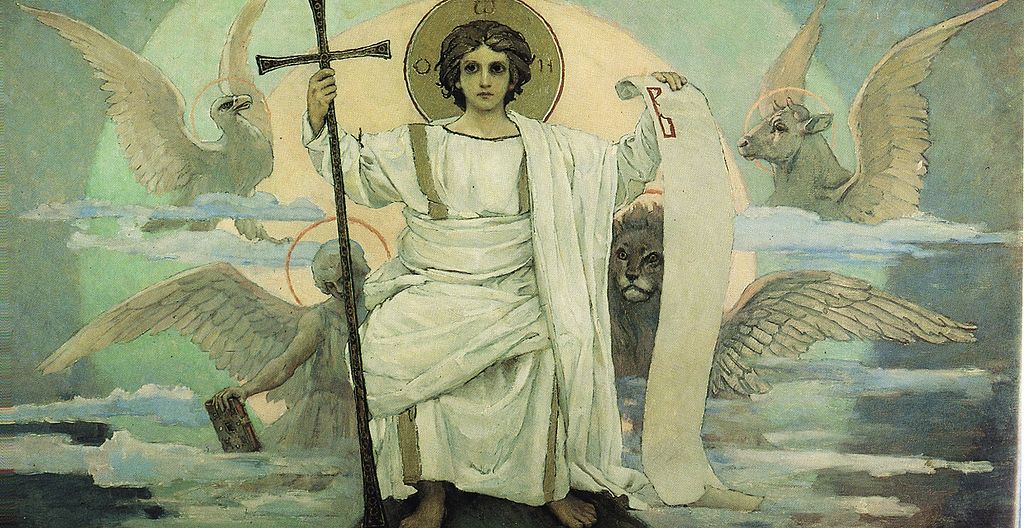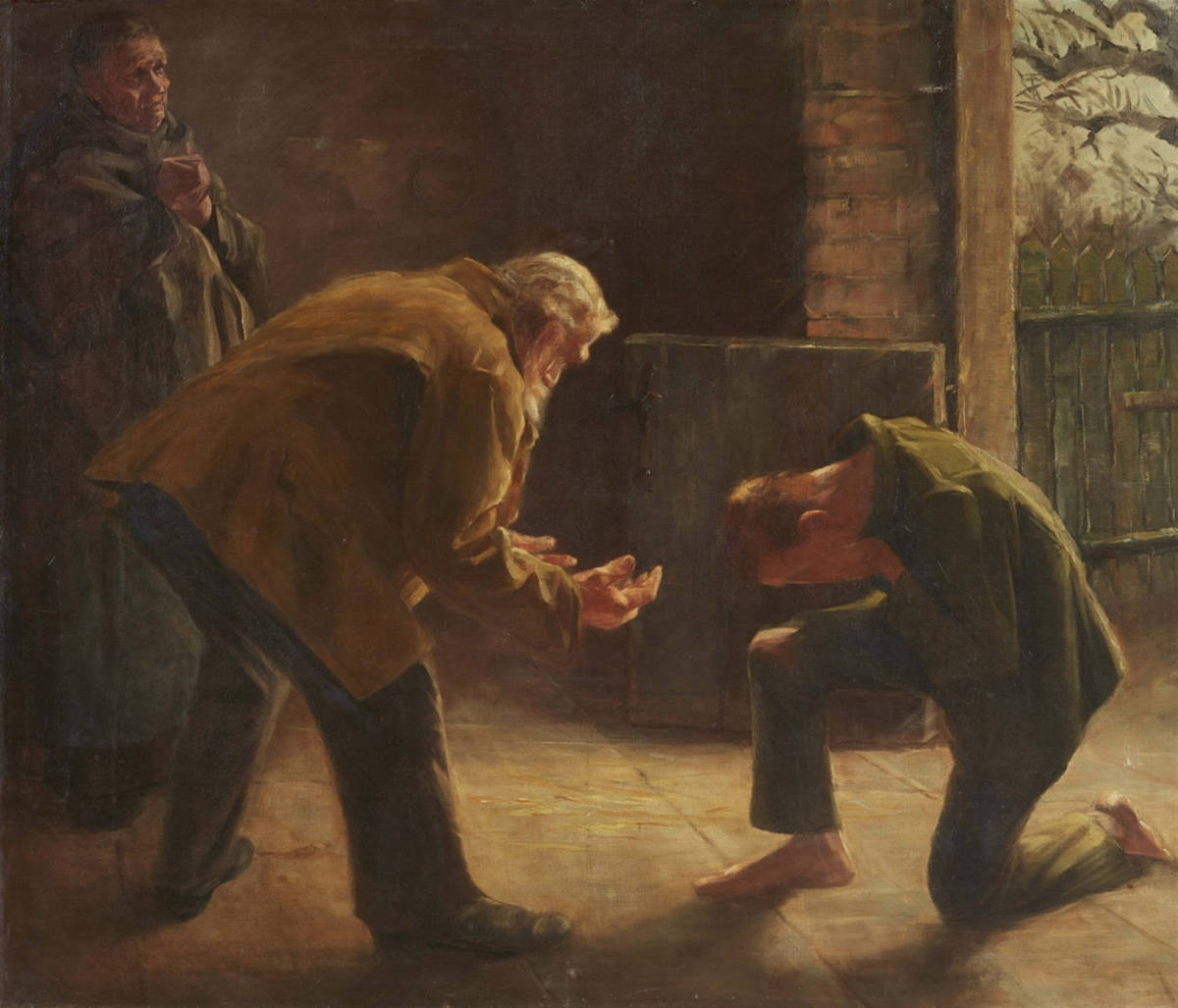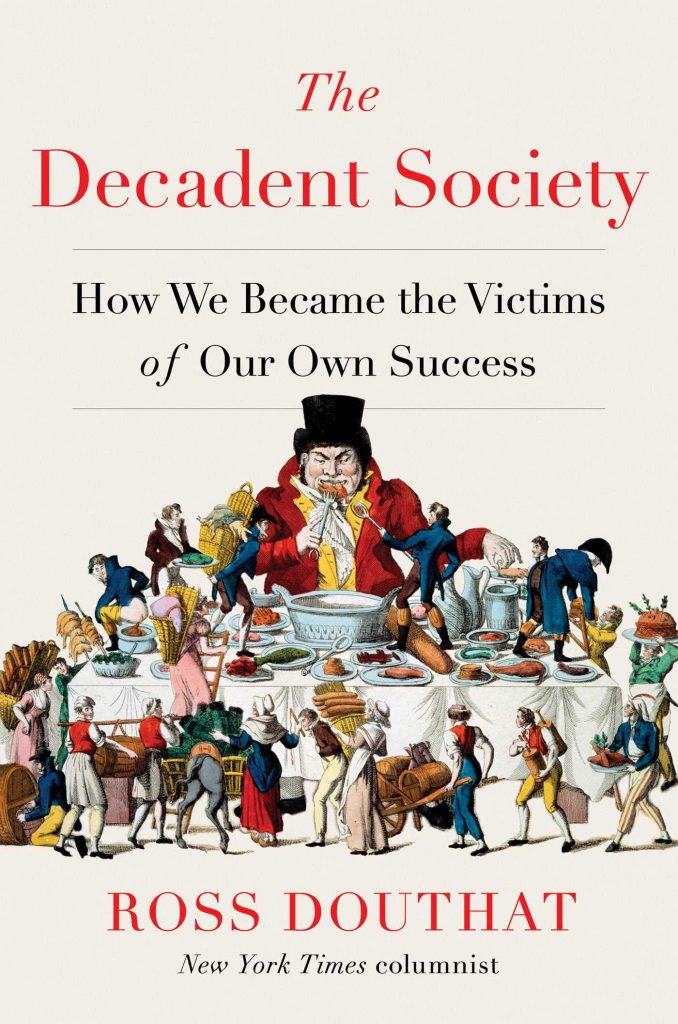The year that King Uzziah died was in 740BC thus ending a period of national prosperity for the nation of Judah. He had been one of Judah’s finest kings and greatest leaders since he was crowned king at the tender age of 16. He did what was right in the eyes of the Lord. God was with him right up until the last few years of his life when pride led to his downfall.
However, he had defeated Judah’s enemies over the years, built Jerusalem up into a fine city and the people enjoyed great success and prosperity. The full account of his reign is told in 2 Chronicles and he reigned in Jerusalem for 52 years which is a long time. Isaiah opens with the words; “In the year King Uzziah died.”
He did so because that marked the closing or the end of a significant period not only in Isaiah’s life but in the life of the nation. Isaiah had grown up over the years under various kings like Jotham, Ahaz and Hezekiah. But it was in the year King Uzziah died that marks a watershed in the life of the nation. The people no doubt will fondly remember their good king Uzziah.
There comes a time in all of our lives when someone who seems to have been there for a long time dies. It may be a husband or a wife, a parent, a close friend, a grandparent, a work colleague, a good neighbour. They die. And as we look back, we remember the year they died.
A flood of thoughts come back as we bookmark in our minds the year when they died. We bookmark in our minds the anniversary of their death and contemplate their passing. For some of us it’s something we cannot ever get over; we somehow cannot deal with life in the same way we could when they were alive. The year when Uzziah died. The year when Winston Churchill died, the year when Princess Diana died. The year when Elvis died.
For the people of Judah, it was a huge and sad loss, losing Uzziah. It was a loss too for Isaiah as he contemplated his passing and was now left wondering what will happen next. Although Uzziah had quelled many an uprising against Judah’s enemies and defeated the armies of Syria, the Philistines, and Assyrians; he knew like a pack of jackals they would be back to attack once again.
Would the new king be strong enough; would Judah’s armies fight the same way they did for Uzziah? The Northern Kingdom of Israel would fall into the hands of Assyria; would Judah be next?
The peace and prosperity that Judah had known for many years would it now all come to an end? The future looked bleak and uncertain. But then Isaiah sees the Lord and that changed his total understanding of things. ‘Sitting upon a throne, high and lifted up, and the train of his robe filled the temple. Above him were seraphs, each with six wings.’
Isaiah’s thoughts of Uzziah are put on hold as his mind is filled with the presence and radiance of God upon the throne. A great king may have left his throne on earth, but the greatest king was still seated on the throne of heaven. The one who presides over all earthly kings and rulers; who places them in power and removes them. For Isaiah the outlook was bleak but; the up look was glorious.
You or me will probably never see in this life what Isaiah saw because it transformed him as a person. You see our own lives may seem to be shattered or falling apart. The future uncertain, fear and apprehension grips us like a hard frost; but know this God is still on the throne and reigning as the king of kings. Our light and momentary troubles will pass away. But there is a higher throne than the earthly one Isaiah has looked to, more exalted and never ending.
Quite often we are transfixed by ourselves, by our own problems, by our own circumstances and sometimes it has to be said we prefer to remain there. But it’s not a good place to stay. Self-pity causes us more problems than its worth. The prophet Habakkuk felt this way when God told him that he would use Babylon as the rod of correction for his people. Habakkuk was understandably gripped with fear on hearing this looking to save his own skin and the skin of his people.
Dare we imagine, that when we glimpse Almighty God our attention will be drawn away from ourselves, to him seated on the throne over all the earth. It’s a difficult thing. Isaiah’s vision of God as one whose robe fills the temple speaks of God’s presence in Zion, another name for Jerusalem.
God will be at work in and through Zion throughout all of human history; but if only the train of God’s robe fills the temple, then He is bigger than the temple, beyond it, and not contained by it. He is bigger than the church. And bigger than the universe He created. Mind boggling really.
In our tradition, we are not generally good at imagining, and contemplating. But it is good to think beyond the hard facts and allow our minds to create vivid pictures of God in his glory. Can you imagine yourself if this was a picture on a canvas, where would you be in the picture.? If you were an artist where would you even start to paint such a picture.
The Lord’s realm of course is not just Jerusalem it is the whole earth v3.
But Jerusalem and Israel he has not abandoned and he will work through them which he is doing even today. Isaiah gives us a glimpse of heaven. Other creatures will be there like the Seraph’s who have wings like angels. They are living flames of pure praise and sinless. They are fantastic heavenly creatures yet beside God they are insignificant. God is as high above an archangel, as an elephant is above an ant.
These are holy creatures but even they have to cover their faces and their feet from the perfect and pure presence of a Holy God. The seraphim hover in constant motion like a humming bird in their beauty ready to do God’s will. How many of them will there be in heaven; six or seven. John in his vision in Revelation says he saw; ‘ten thousand times ten thousand’ and more encircling the throne.
These are creatures who serve and worship in the presence of God in heaven who are not even able to gaze upon the beauty of God such is his holiness and radiance.
It’s beyond words. If seraphs are not allowed to gaze at the beauty and wonder of God what about ourselves? And this is the conviction of Isaiah’s heart. Here we have a great prophet of Israel, a holy man, a champion of God. He saw himself with the eyes of God and what did he say. Did he say; “Oh, look at me Lord, and how important I am, and look at the great things I have been saying about you. Afterall I am your prophet.”
He said; ‘Woe to me, I am ruined. For I am a man of unclean lips and I dwell in the midst of a people of unclean lips.’ What a devastating confession to make.
Here was Isaiah the prophet who reads from the holy scriptures in the temple. His lips and mouth are his greatest asset, his words are sent on wings to bring healing and repentance to the people; and here he is confessing before God that he is a man of unclean lips. What hope is there for the rest of us?
In the West the vast majority of people no longer know the difference between right and wrong. Moral absolutes no longer exist. Truth has been replaced by feelings and opinions. All that matters for the majority is to worship the god of personal happiness and freedom to do whatever they like. Cultural Marxism aided and abetted by academics and the media hold court as judge, jury and executioner.
But Isaiah’s eyes have seen the king, the Lord of hosts. When we look away from ourselves and glimpse Almighty God things change. What happens is that God’s spirit convicts us of our sins. We realise that our good deeds amount to dirty rags in his sight. Our sins rise up in front of us and we are deeply ashamed.
We have nowhere to go except fall at the feet of the risen Saviour Jesus Christ and beg his forgiveness and cleansing. No one else can do anything for us except Jesus. Unclean lips are caused by an unclean heart. Isaiah cried out to be cleansed inwardly and God met his need. His lips were touched, his guilt taken away and his sin atoned for. Such is God’s salvation for each person. Before we can minister to others, we must permit God to minister to us.
What troubles Isaiah the most is not Assyria or the Philistines, or a pending war, of Judah losing her prosperity or independence. What troubles Isaiah the most is himself. He is the problem and he is part of a people who have a problem, as all have unclean lips and unclean hearts.
Malcom Muggeridge, one of the twentieth century’s greatest journalists and satirists, wrote: “the depravity of man is at once the most empirically verifiable reality, but at the same time the most intellectually resisted fact.”
Isaiah cries; “Woe to me; I am ruined.” Even for someone like Isaiah who had great faith’ his faith at times was lukewarm and dull with little understanding of the grandeur of God. He despaired of himself. Now for the first time Isaiah sees himself as he really is, because he sees God. And when that happens something new occurs; pride is swept away and humility gushes in.
This is the way to Salvation. Friends until we move away from ourselves, our little idols and our little empires we are ruined; we are lost. Sheep wandering without a shepherd. If you try to compare your good deeds with someone else you will always win. That’s why we do it; it’s a win-win-win situation for us. But when you do that you deceive yourself. Instead compare yourself always to Jesus. When you do that you will discover it’s a lose-lose-lose situation. But it’s also a reality check. And its where and how we receive his grace.
A seraph peels away from the throne and heads for Isaiah holding a burning coal that he took from the alter with tongs, but not because it is hot; after all a seraph is a ‘burning one’. He took this coal with tongs because it is a holy thing. This holy thing touches Isaiah’s dirty mouth, and it does not hurt him, instead it heals him. This burning coal symbolizes the finished work of Christ on the cross. He went to the place of sacrifice called Calvary. His dying love for you and me is the only power that can awaken people in a moral stupor. And awaken us he does.
He touches us with his presence and through the Holy Spirit he says again, “I have made atonement for you; your guilt is taken away. You are released from your sins that bound you.” The price we pay for this liberation is a traumatic self-discovery. A new you emerges. The remedy for our lives of deadness is the touch of God himself as his truth breaks into our lives.
People in Isaiah’s day had heard the message in the synagogue over and over again; but they remained unmoved and unconvinced. You see every time we hear the word of God being preached on a Sunday morning something happens.
You come away from the service; and either what you have heard moves you closer to God or moves you a little further away from God. Either way you are never just the same as you entered. The gospel is designed for a purpose to move a person closer to God or further away from God.
Now if you think you can hold the middle ground you delude yourself.
If you think you can keep Christ at a safe distance and yet within view, you are facing God’s judgement. Tragically God was finished with Isaiah’s generation, he had promised them his blessings, he provided for them. He pleaded with them; he performed miracles for them, all to no avail. They weren’t interested and God leaves them to it.
I wonder if God has left us in Europe, Australia and North America to get on with it considering the vast majority have left him and his church.
Oh, he will always be there as Sovereign God, but not in the way he once was. His Spirit has departed.
Israel’s prophetic leader Samuel tells us twice later on after Isaiah that, “The glory has departed from Israel, for the ark of God has been captured.” This resulted in national disaster for Israel at the time. God’s Spirit can depart from any generation and he does not have to give us the reasons why. But the evidence why, is observable. Yes, a revival can take place and we pray for that, but so can the departing of God’s glory; his Shekinah glory.
When we hear such a message from Isaiah, we need to beware that we do not fall into the same trap as the Israelites did. Isaiah’s message is one we need to heed.
Beware of being too wrapped up in yourself.
Beware of a heart that is never satisfied.
Beware of a mind that looks for excuses not to believe.
Beware of an impulse that always finds a reason to delay a response.
Beware of thinking how the sermon applies to someone else.
Beware of thinking that you are not good enough.
Beware of thinking that you are good enough.
Beware of thinking what can I get, rather than what can I give.
Muggeridge writes when in his seventies; “When I look back on my life as I sometimes do what strikes me most forcibly about it is that what seemed at the time most significant and seductive, seems now most futile and absurd. For instance, success in all its various guises, being known and being praised, ostensible pleasures like acquiring money or seducing women or travelling to and fro over the earth like Satan. Exploring and experiencing whatever Vanity Fair has to offer. In retrospect all these exercises in self-gratification seem pure fantasy, a licking of the earth.”
Rev Alan Wilson is a recently retired Presbyterian Minister in Northern Ireland. He was a former Police Officer during the ‘troubles’ before going into the ministry. He is married to Ann and they are now proud grandparents of Jacob and Cora. He enjoys keeping Alpaccas, gardening, watching football and learning how theology relates to the environment and the world at large. He and his wife spent a summer Exchange in 2018 with a Presbyterian Church in Toronto.
The image shows, “God the Son,” by Viktor Vasnetsov, painted, ca. 1885-1896.


